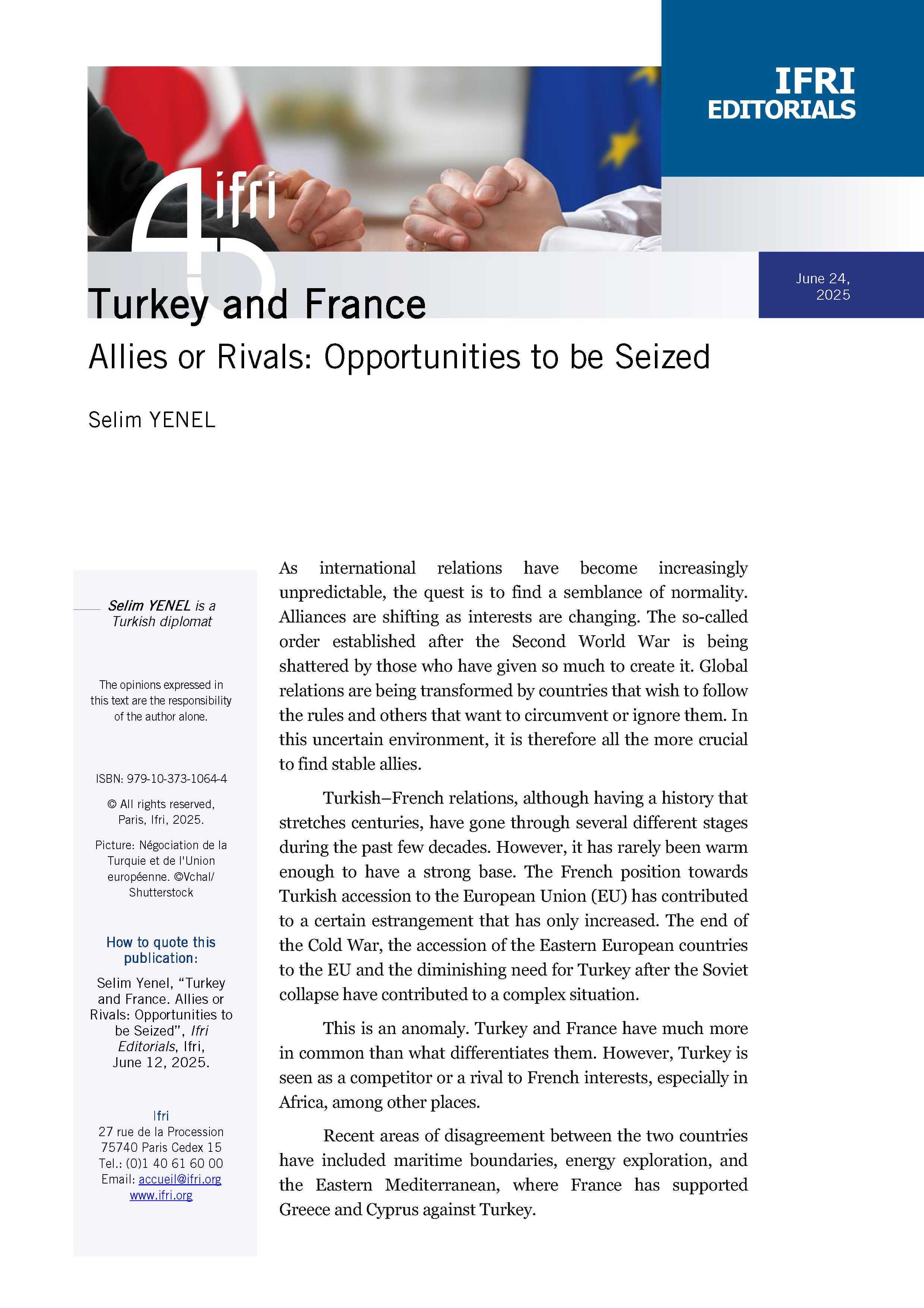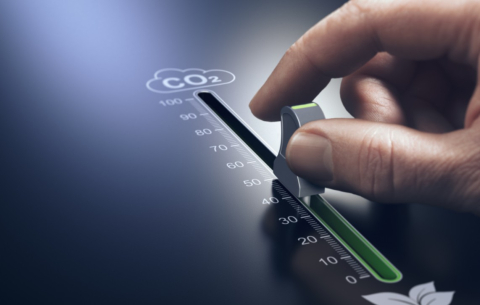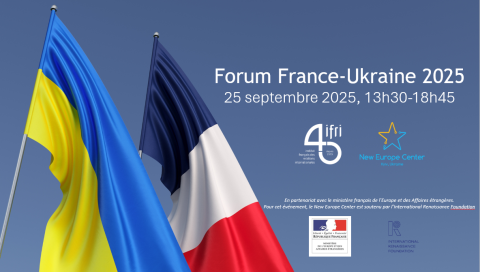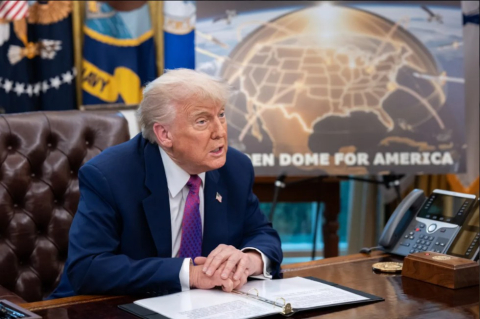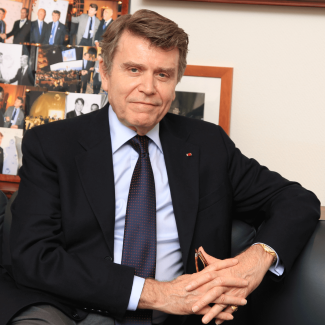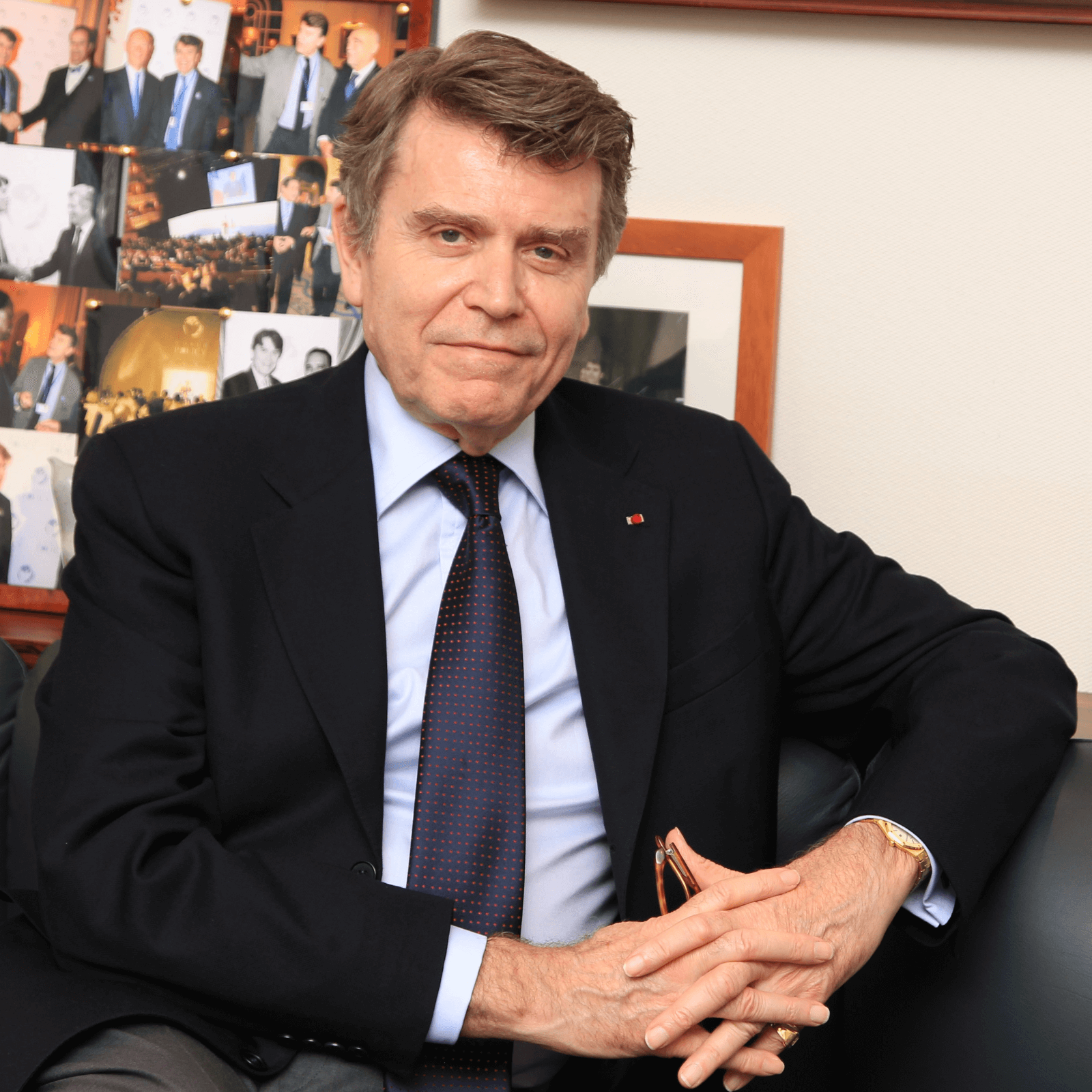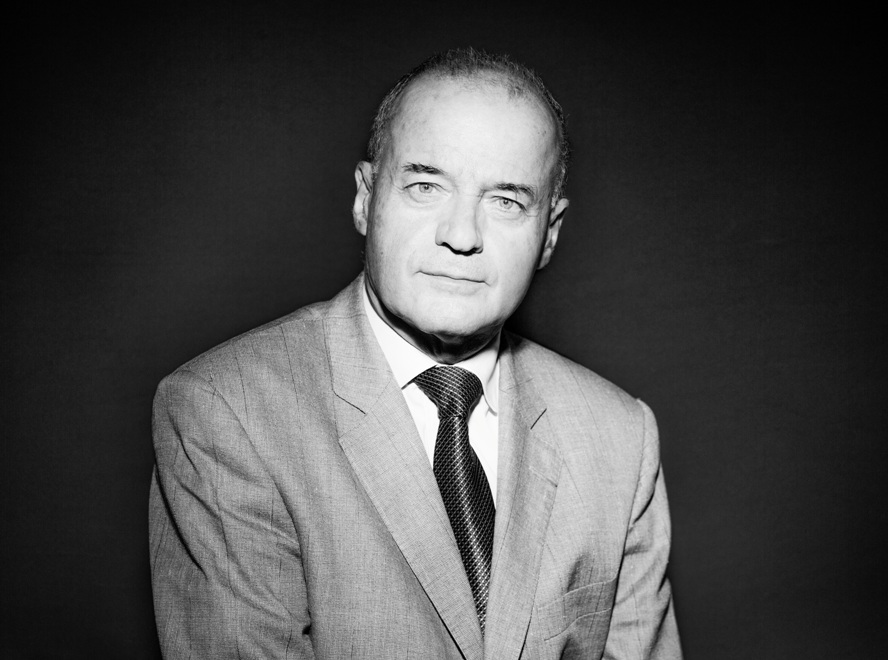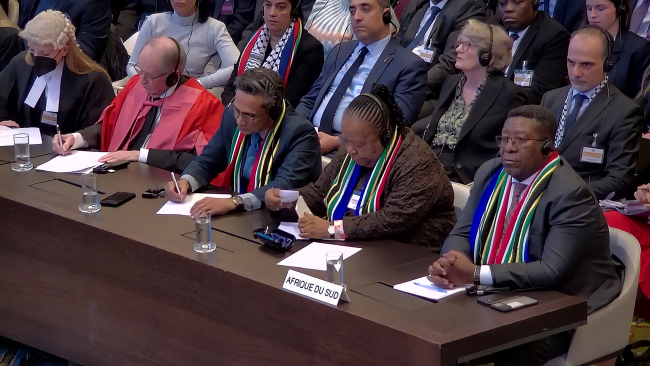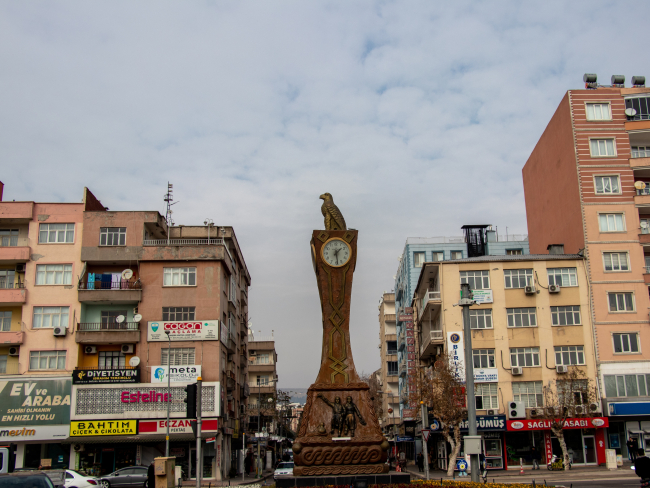RAMSES 2025. Between Powers and Powerlessness

Never before have there been so many powers able to upset the international balance of power, and never before have the dominant powers seemed so powerless to counter the fragmentation of the world.
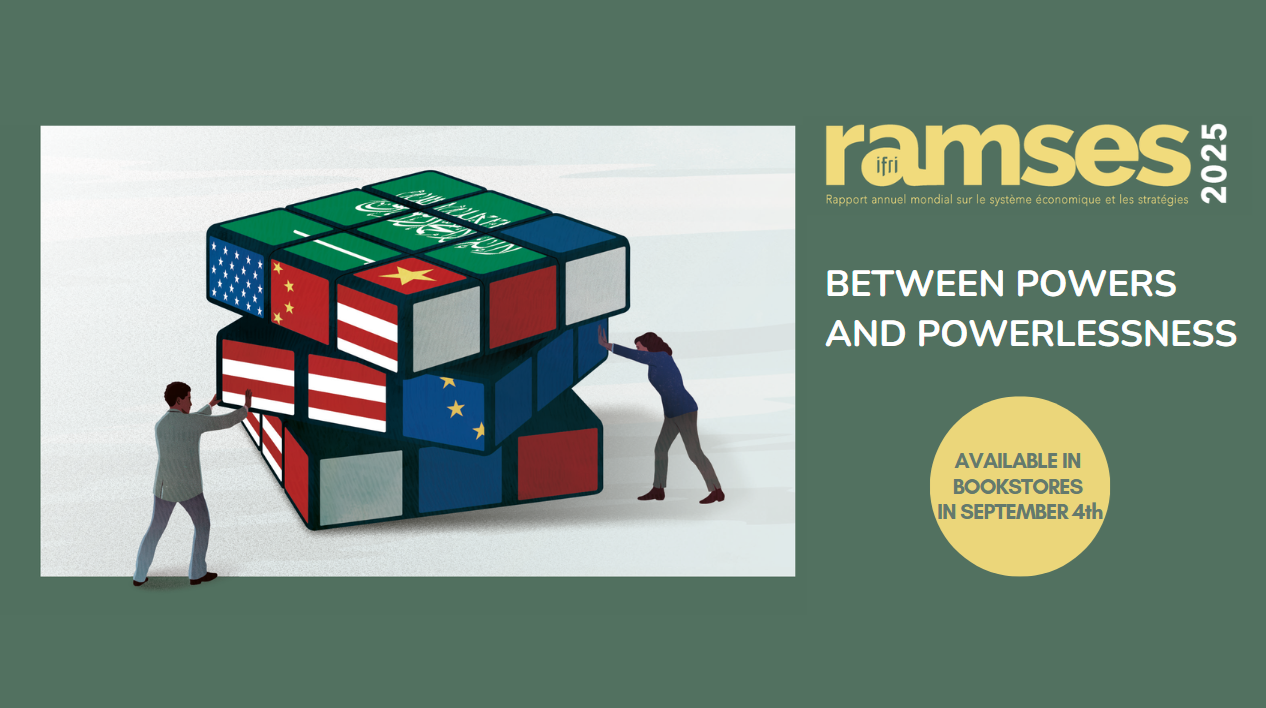
The Middle East: the recomposition announced decades ago seems further away than ever in the tangle of battles and influences: the United States, Iran, Saudi Arabia, Egypt, Turkey, even Russia, China or the Europeans – who could carry enough weight to help resolve an Israeli-Palestinian problem that has returned, in blood, to the forefront of the news? Who could help redraw the balance for regional peace?
The United States: dominant power, unquestionably; but how is its diplomatic, military, economic and cultural domination exercised? The disorder of the presidential campaign shows us a country in the throes of questioning its role in the world, hesitating about the areas of its commitment, and above all divided, uncertain about the stability and coherence of its own society...
The European Union: for its part, the EU is trying to put on a brave face, to reassure itself of its ability to meet the challenges that are piling up: the war in Ukraine, the economic slowdown, technological competition, the energy transition... But are its unity and its decisions equal to what lies ahead: the debate on enlargement, the recovery of Ukraine, the organization of security across the continent...?
Ramses 2025 characterizes this fundamental instability of the world, this fragmentation of strategic spaces, through three opening chapters: “Middle East: the never-ending recomposition”; “United States: the worrying empire”; “European Union: a frustrated destiny”; and through a global tour of upcoming crises and events: the Caucasus, Latin America, Asia-Pacific, New Caledonia, maritime flows, food issues, migration, the Olympics...

Available in:
Regions and themes
ISBN / ISSN
Share
Related centers and programs
Discover our other research centers and programsFind out more
Discover all our analysesIndonesia and the Palestinian Cause
During his inaugural presidential speech on October 20, 2024, Indonesia’s incumbent president, Prabowo Subianto, iterated certain principles central to the philosophical foundation of the Indonesian nation. He noted Indonesia’s longstanding foreign policy of non-alignment or “bebas dan aktif” (free and active) and its aversion to military pacts.
Middle Power Lawfare : South Africa, International Justice, and the Gaza Crisis
The intensification of violence in Gaza following Hamas’s 7 October 2023 Al Aqsa Flood attack and Israel’s military response prompted a broader reassessment of global diplomacy. Longstanding geopolitical alignments were disrupted, and questions about humanitarian obligations, institutional accountability, and the limits of state conduct returned to the centre of international debate.
Adıyaman, the “Ownerless City”: Story of a Political Emancipation
Over the past two years, the city of Adıyaman has made headlines for two major reasons: first, its devastation by the earthquake of February 6, 2023, which struck between Turkey and Syria, and second, its significant political shift following the municipal elections of March 31, 2024.
The Evolving Role of Nuclear Rhetoric in Iran’s Strategic Calculus
How has the Iranian strategic discourse about nuclear weapons and deterrence evolved?


